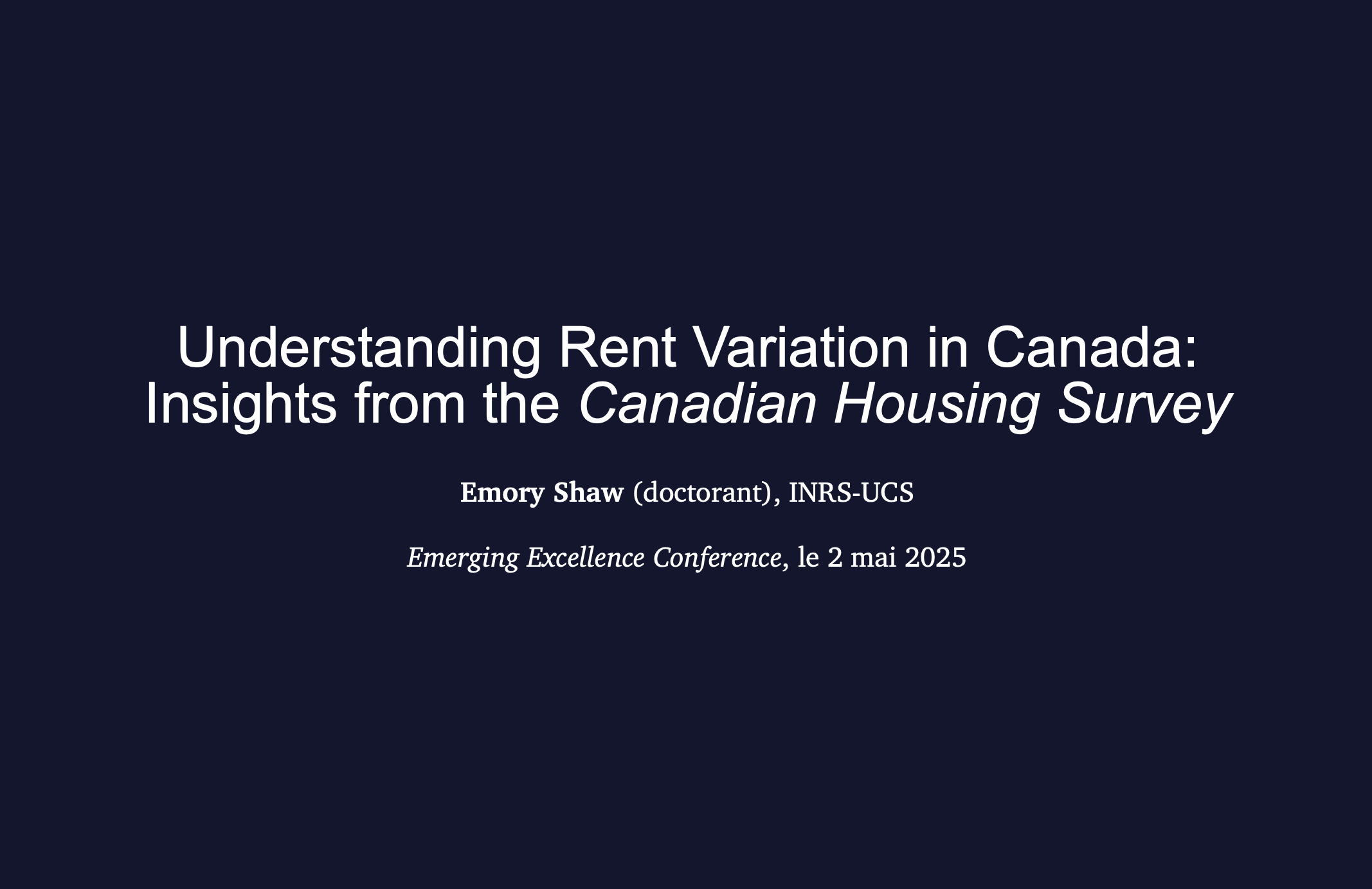
Events
Upcoming Events
There are no future events scheduled at this time, please check back soon.
Previous Events


Workshop – Interviewing Skills for Qualitative Data Collection

YIMBY: Changing Hearts and Minds
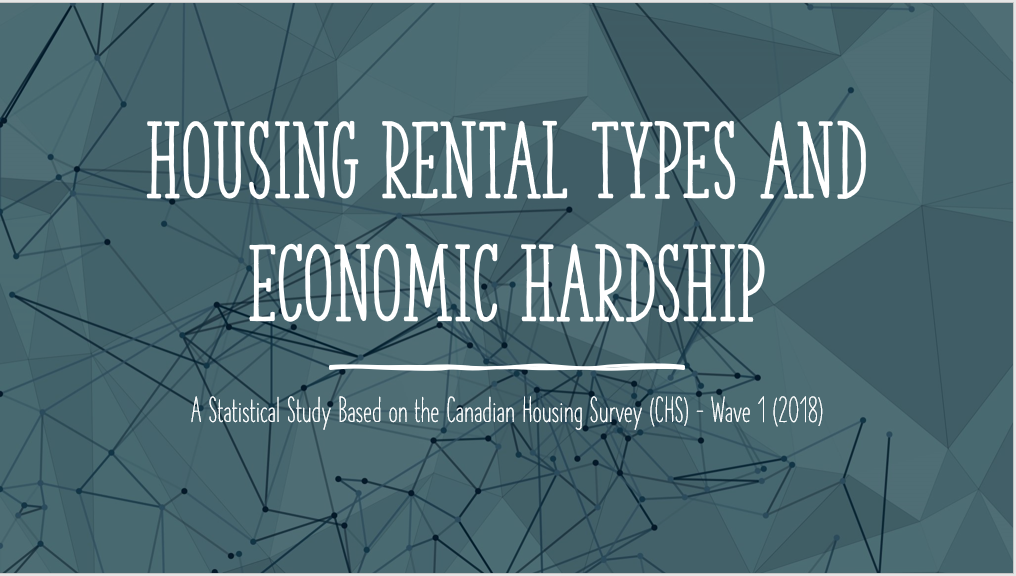
Relations entre types de logement locatif et bien-être économique des ménages.

How researchers can use library channels to access government documents, data, and information

NSCSW Mini-Conference: Understanding the Housing Crisis
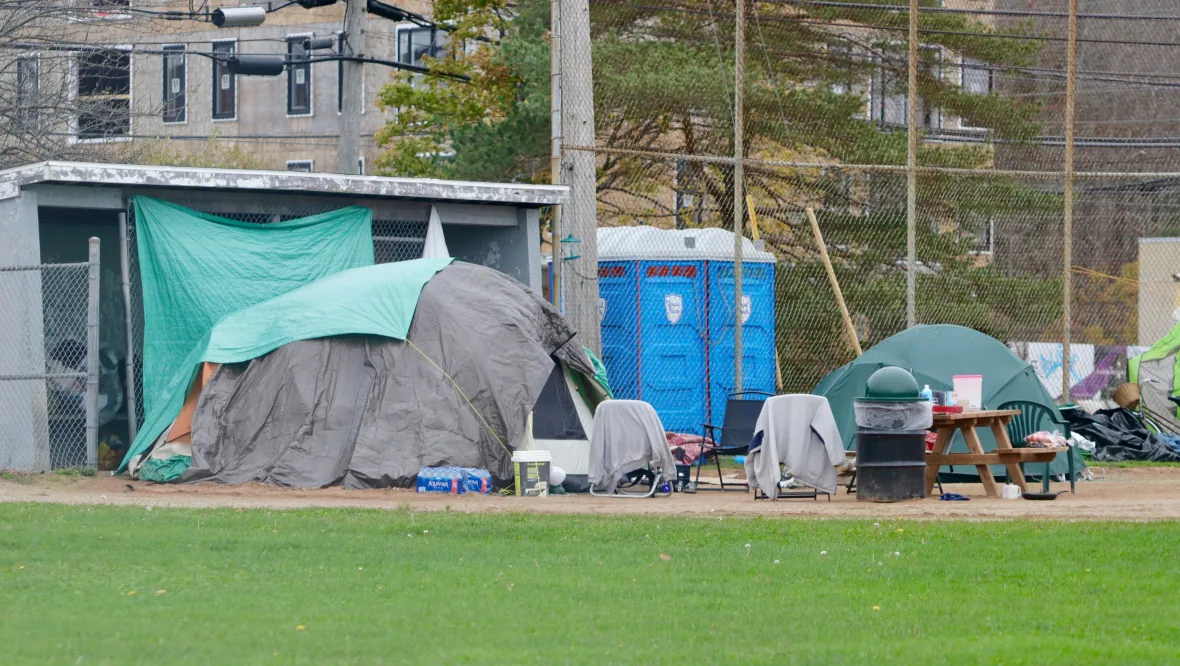
Working with Lived Experts in Housing and Homelessness

Commons, Commoning, and Social Change Workshop

Housing Cooperatives
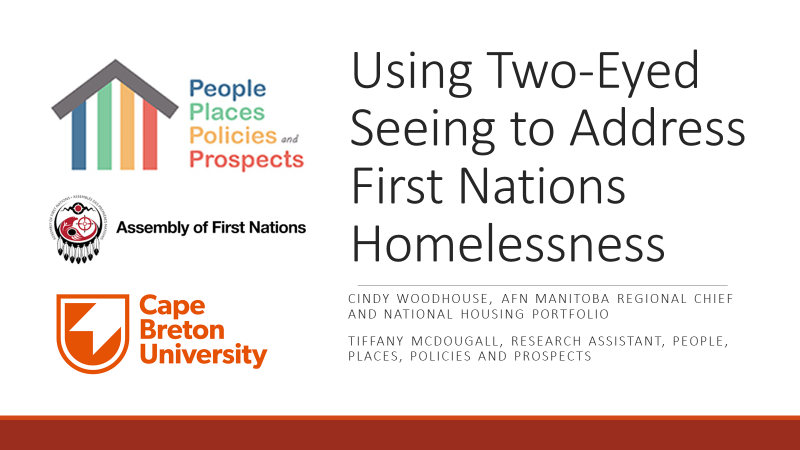
Two-Eyed Seeing as a Framework for Tackling Indigenous Homelessness
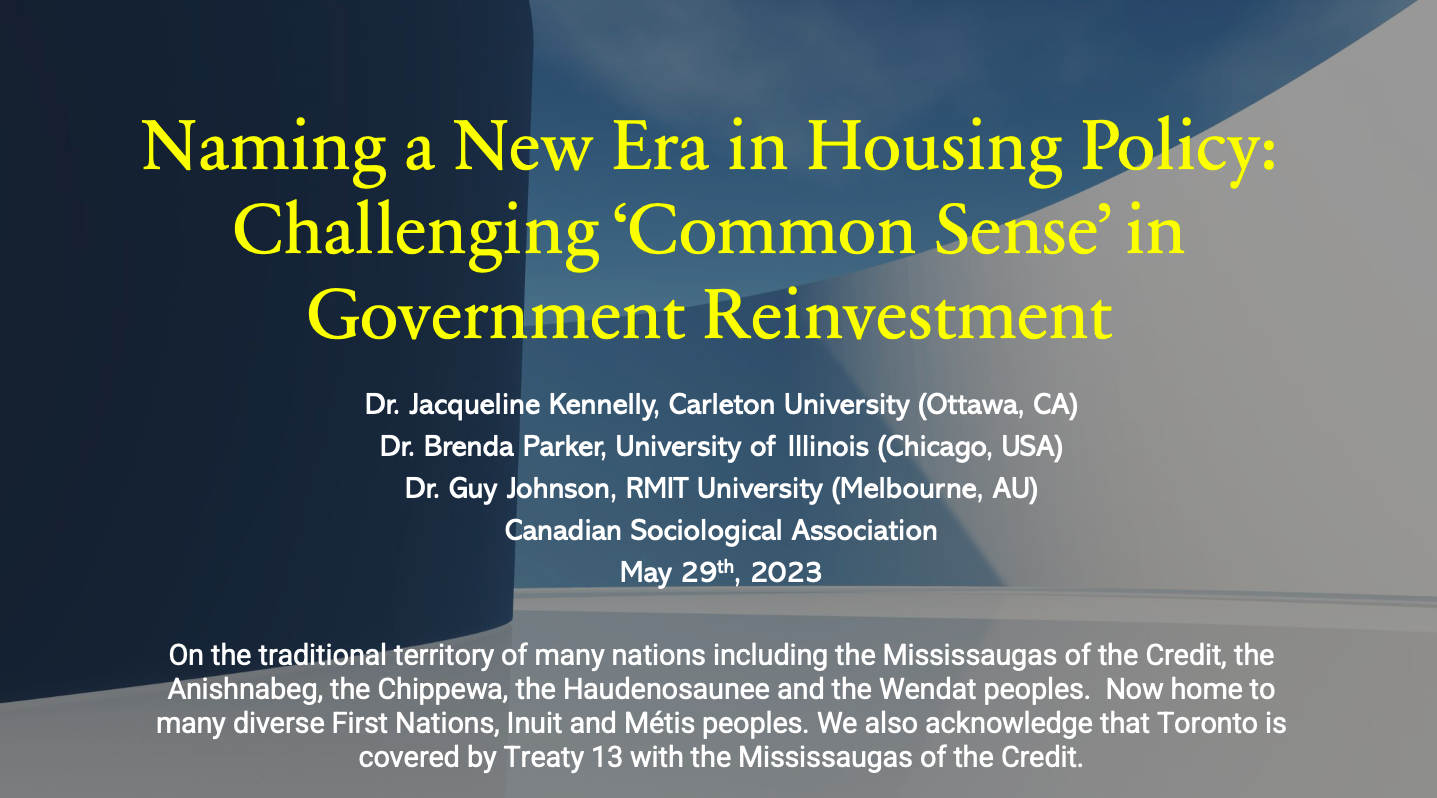
International Housing Policies Comparative Study
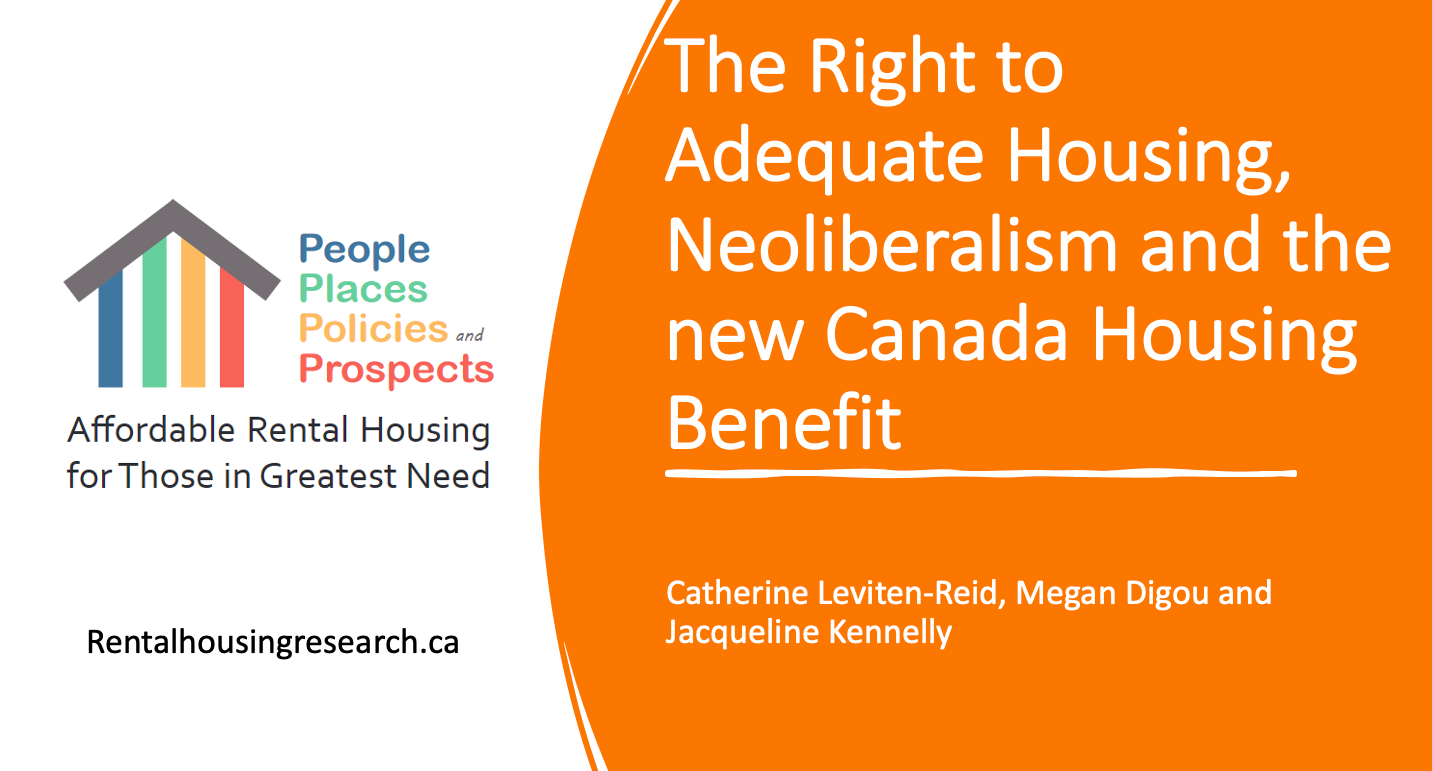
“It’s the difference between barely making it and not making it at all”: Housing as a human right, neoliberalism, and the new Canada Housing Benefit

Housing Rental Type and Economic Hardship in Canada

Community Engaged Research
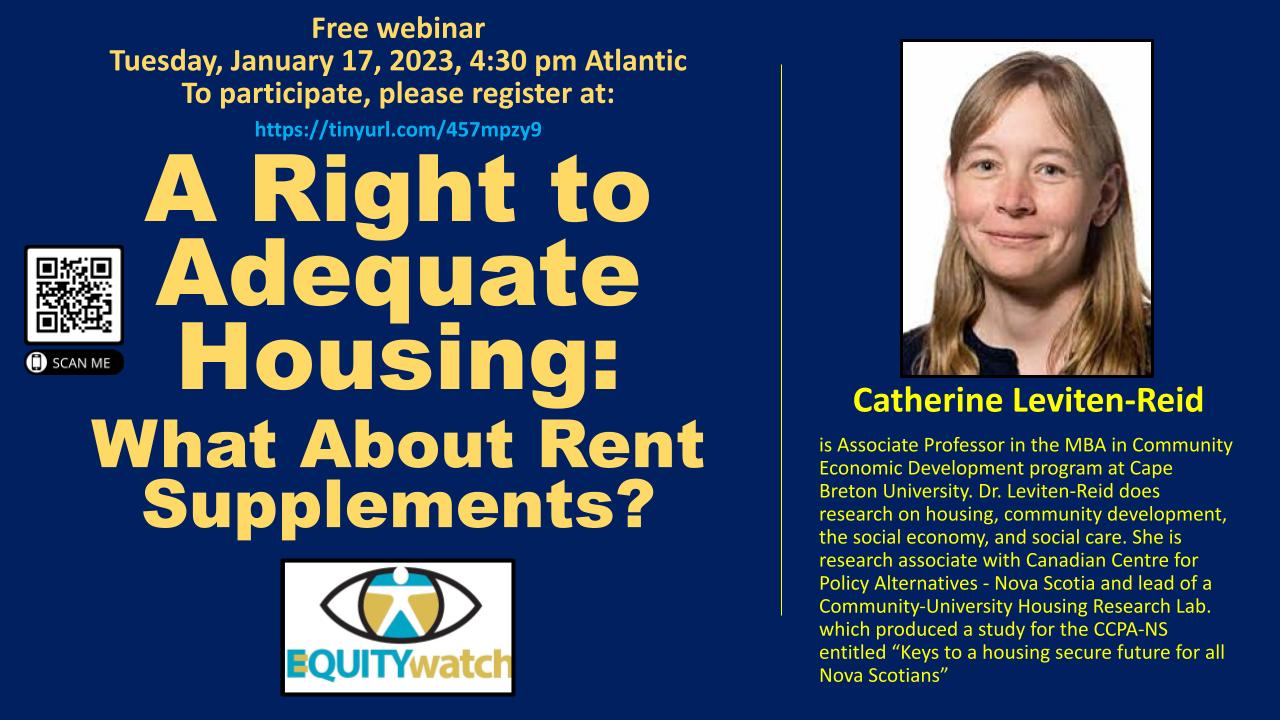
Equity Watch Webinar: Canada Housing Benefit
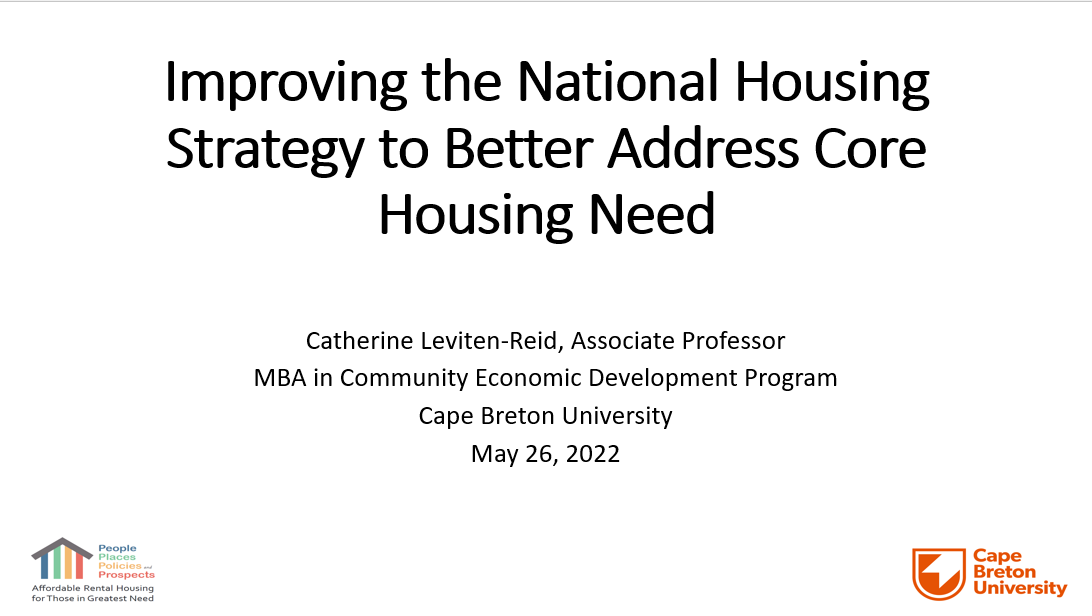
Improving the National Housing Strategy to Better Adress Core Housing Needs
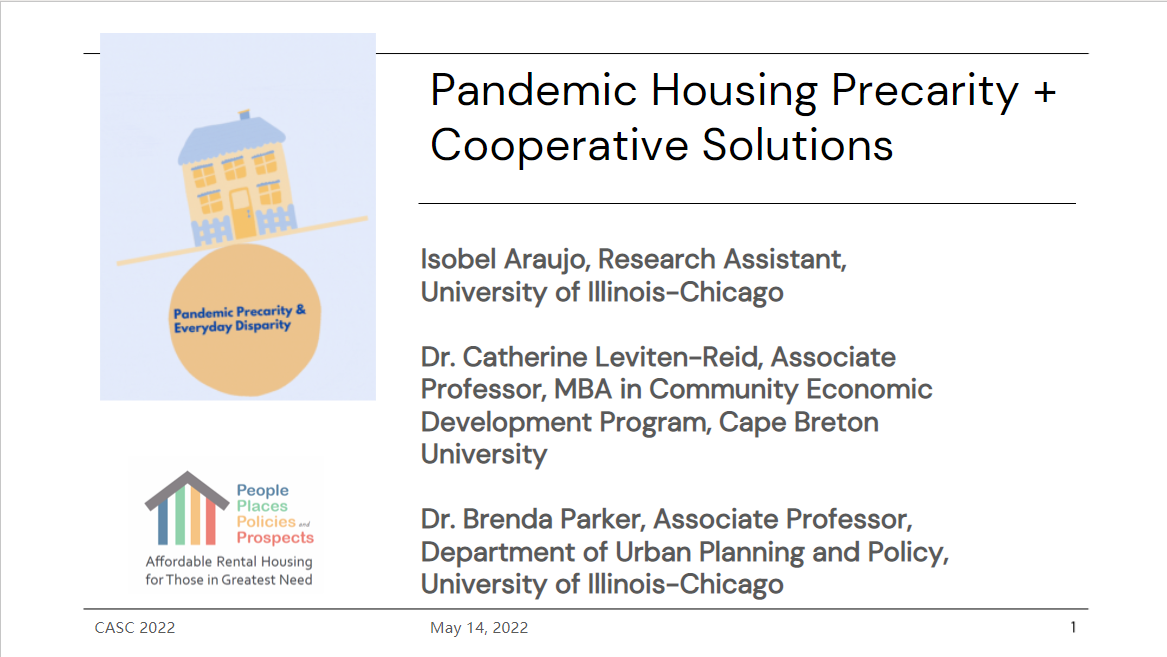
Pandemic Housing Precarity and Cooperative Solutions
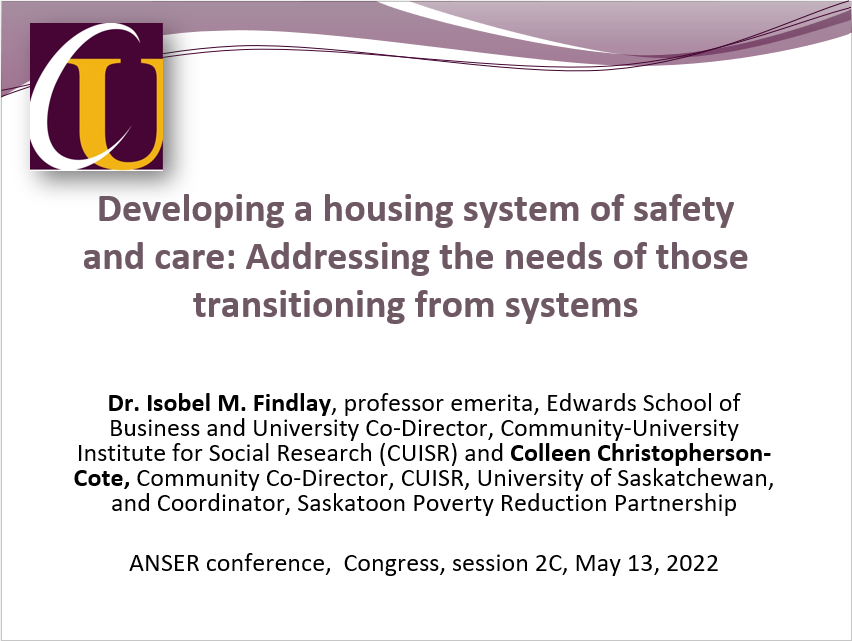
Developing a Housing System of Safety and Care: Addressing the Needs of those Transitioning from Systems

GBA+ is Life! Reflections and Recent Applications

Freedom of Information Research for Housing and Tenant Justice
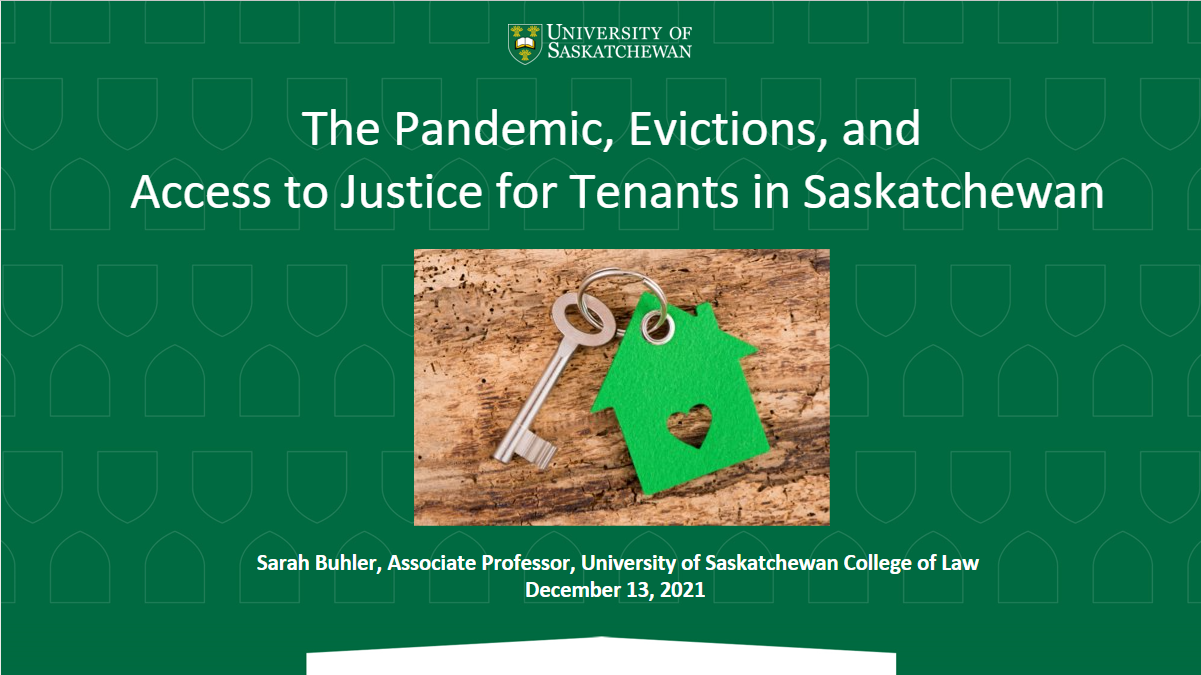
The Pandemic, Evictions and Access to Justice for Tenants in Saskatchewan
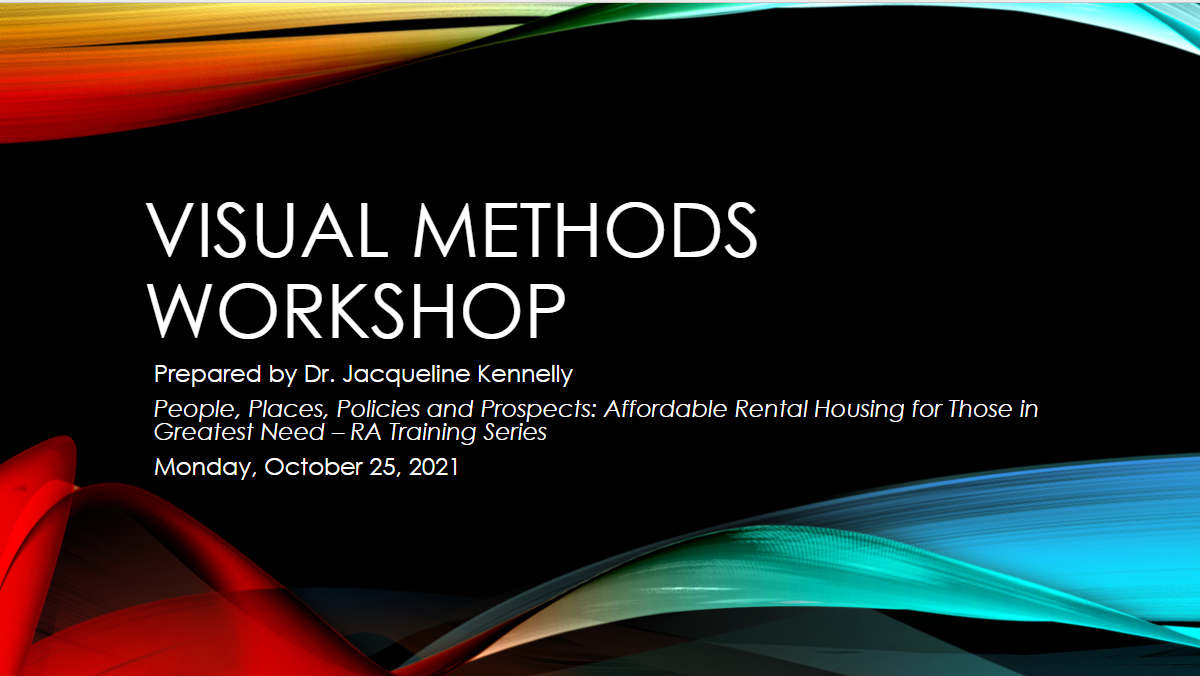
Alternative Research Methods (Photo and Video-based) and Knowledge Mobilization
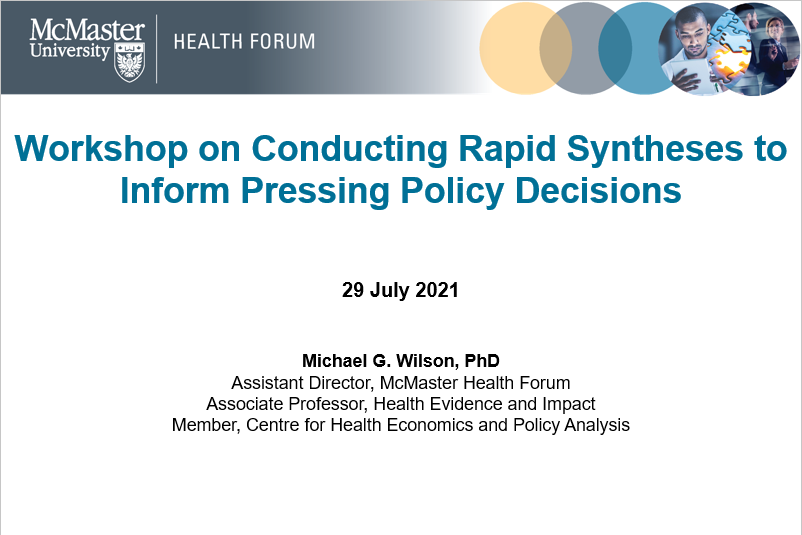
Workshop on Conducting Rapid Synthesis to Inform Pressing Policy Decisions

Can We Build or Not? Experiences of Canadian Third Sector Housing Providers in Securing Funding for New Affordable Rental Housing
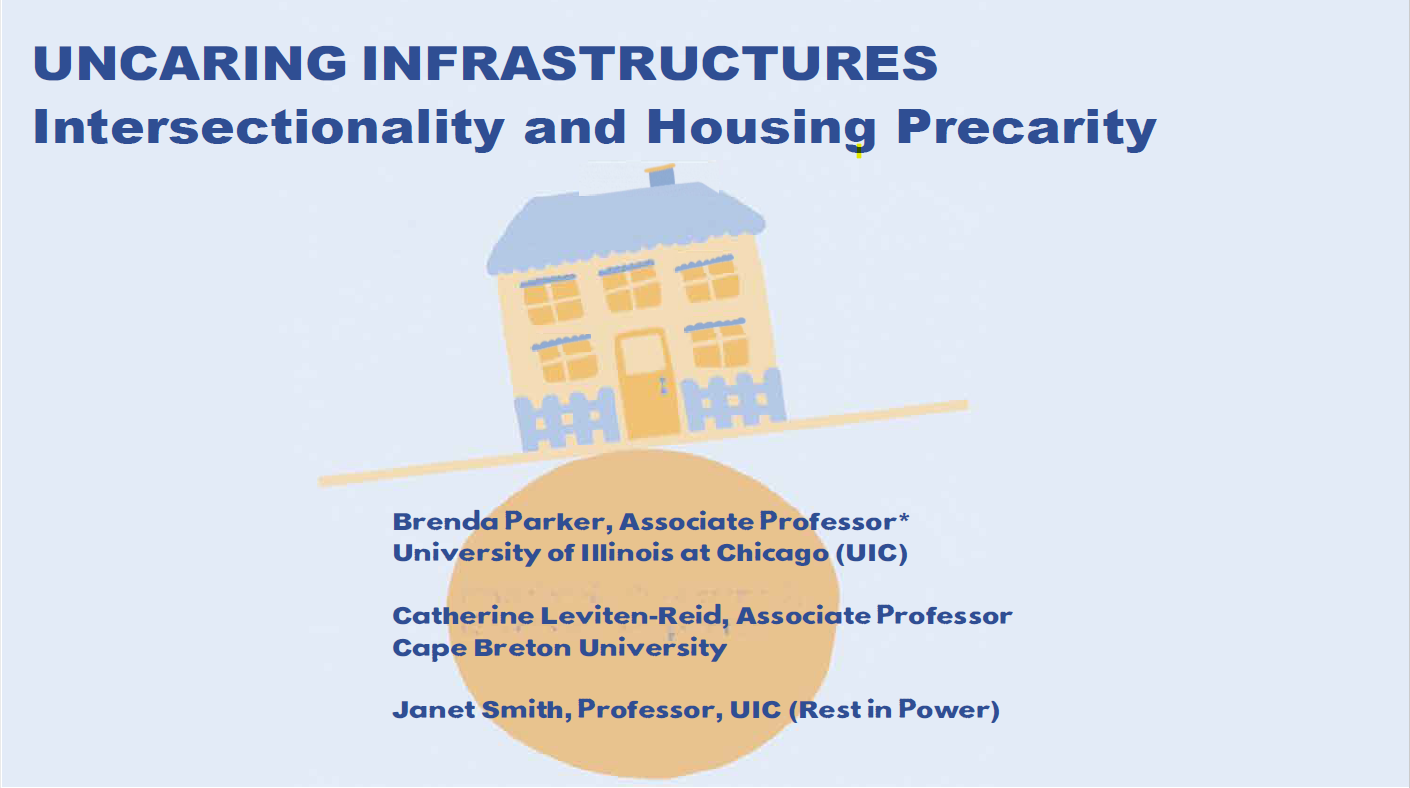
Uncaring Infrastructures: Intersectionality and Housing Precarity
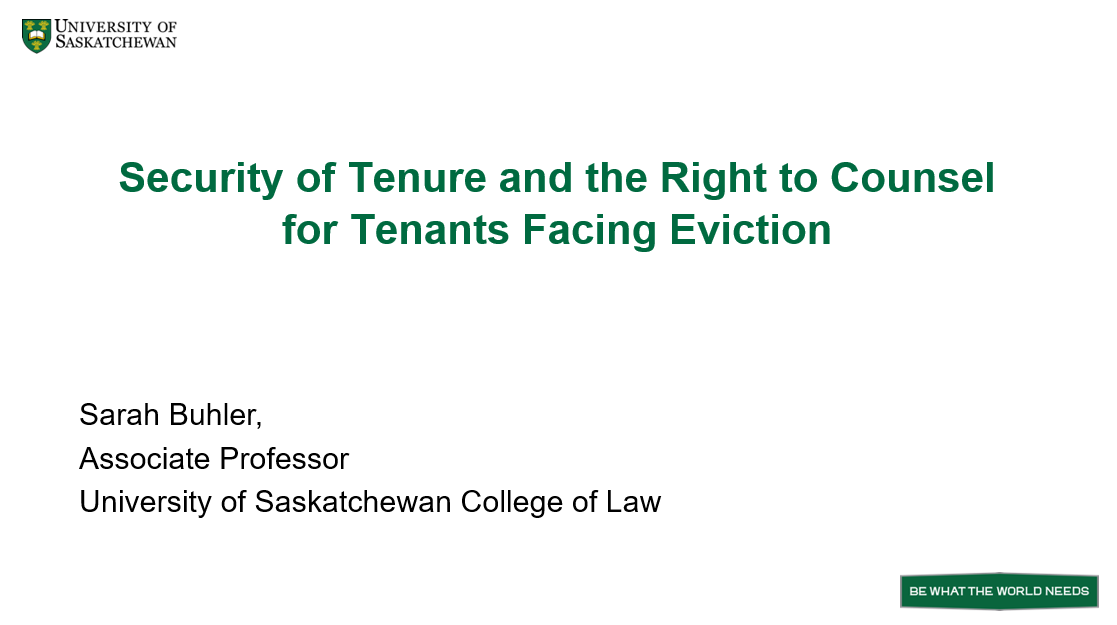
Security of Tenure and the Right to Counsel for Tenants Facing Eviction
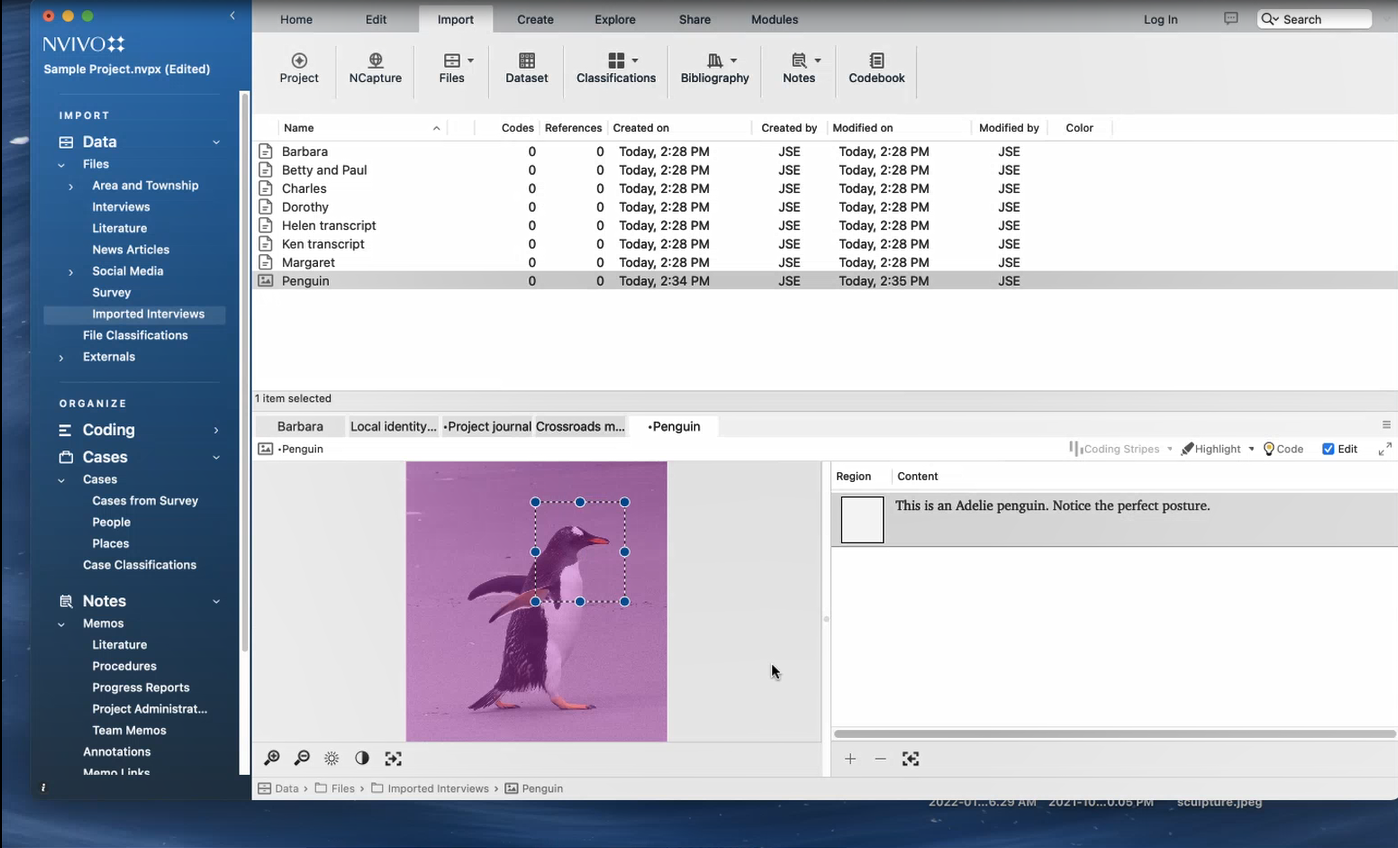
NVIVO, Thematic Analysis Software Session

Membertou First Nation Community Economic Development (CED) and Housing
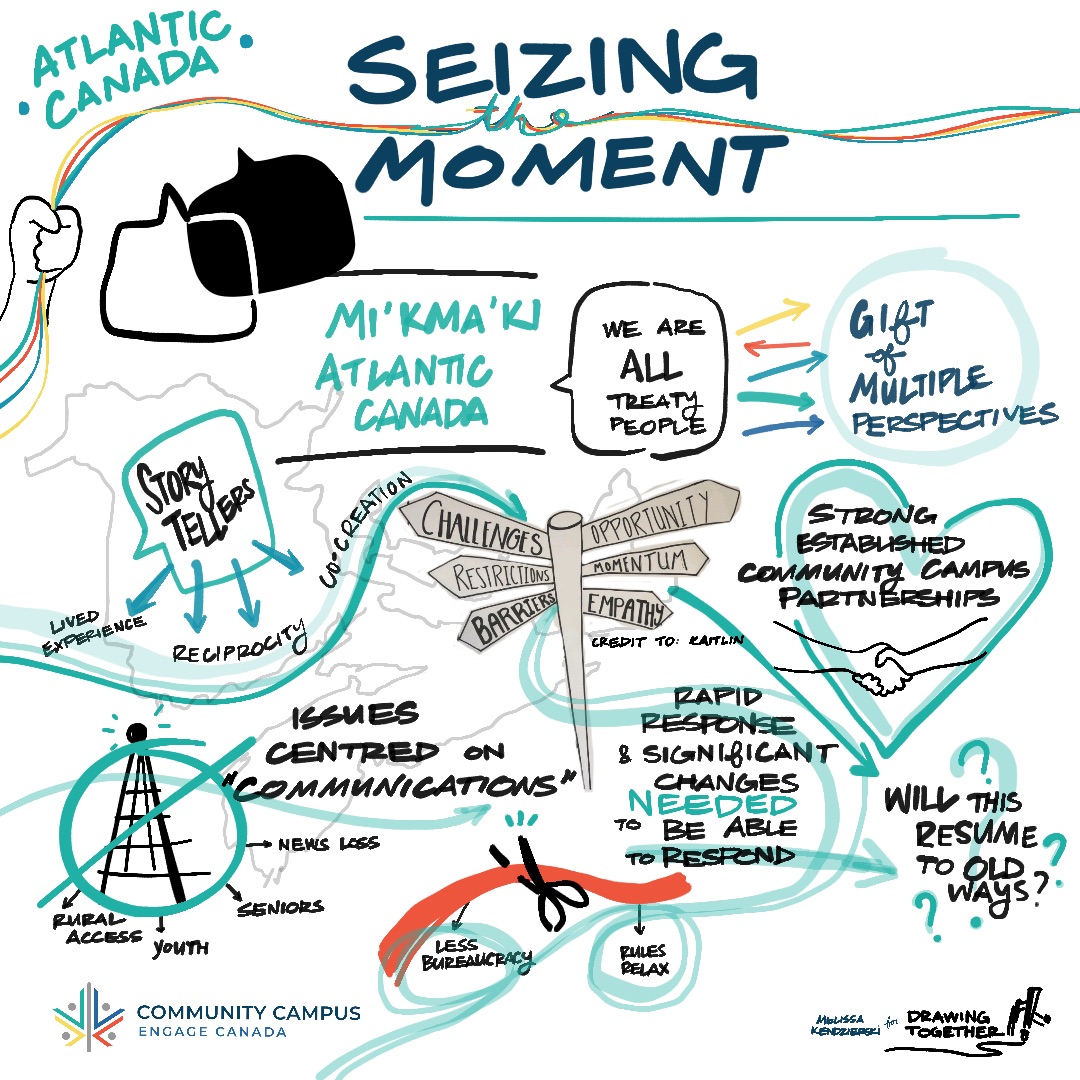
Community-University Partnerships During the Pandemic
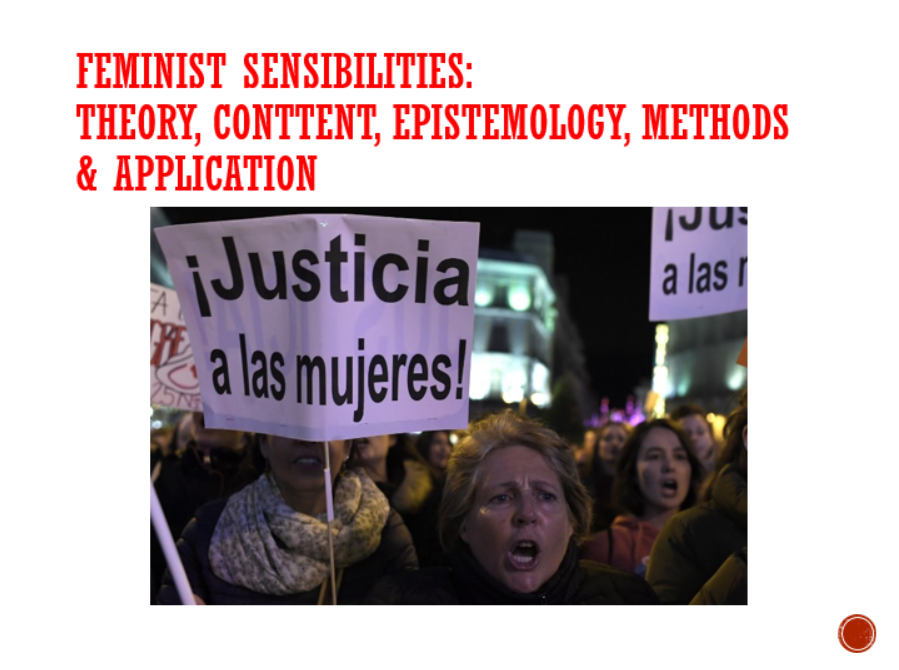
Feminist Sensibilities: Theory, Content, Epistemology, Methods and Application
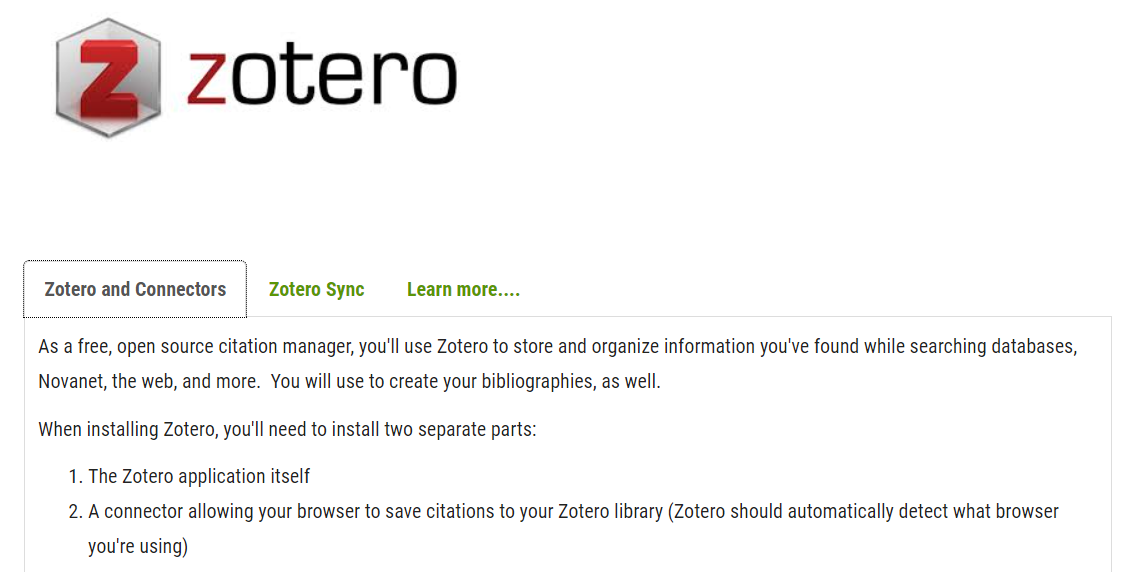
Research Tool Highlight – Zotero

Data Management Plans
No items matching the current filter have been found.